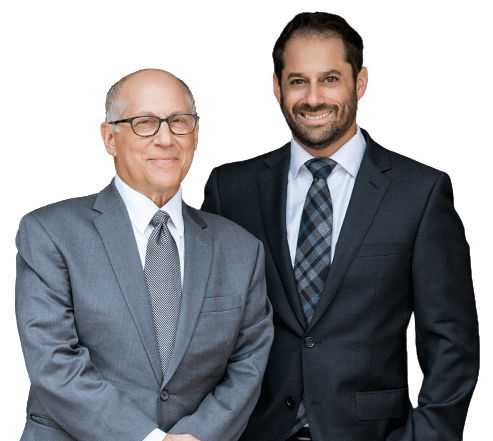
Medical malpractice happens when a medical facility or health care professional causes an injury to a patient through either negligenceor omission. This could be due to errors in diagnosis, treatment during or after a procedure or overall health management. We’re going to take a look at what is needed to prove medical malpractice and also commons types that occur.
What is Needed for a Claim to be Considered Medical Malpractice
- Standard of Care Violation
There are certain standards of medical care defined by the law which medical professionals need to abide by. It’s a patient’s right to expect this standard of care when they are medically treated. If this standard of care is not met, the health professionals treating or caring for the patient can be held liable. - The Violation is the Cause of an Injury
A violation of the standard of care alone is not enough to prove medical malpractice. The violation or negligence that occurred must also have been the cause of a personal injury to the patient. - The Personal Injury Caused Significant Damages
Due to the complexity of the average medical malpractice case, pursuing claims for minor injuries or damages would likely cost more than the eventual amount of recovery. For cases to be viable, patients need to have proof that significant damages came from the personal injuries that were caused by medical negligence.
Commonly Types of Medical Malpractice Claims
- Misdiagnosis or Failure to Diagnose – This occurs when doctors fail to diagnose evident medical problems, or when they treat patients for the wrong issues due to misdiagnosis which causes significant injury or illness to the patient.
- Unneeded Surgery – When doctors recommend surgical procedures that are completely unnecessary, causing the patient to suffer from unneeded physical and / or emotional harm.
- Premature Discharge – When medical professionals release patients too early, causing additional problems or injuries because they should still be under supervised medical care.
- Ignoring Patient History – Patients can suffer from severe personal damage(s) if medical professionals ignore, disregard or overlook important facts in their medical history, which could have otherwise been prevented.
- Errors from Surgery – Errors during surgery can cover a variety of things, but is basically when a surgeon makes a mistake in the operating room. A few examples include leaving surgical instruments inside patients or damaging other organs that were not being operated on.
- Wrong Medications or Improper Dosage – This is when a medical professional gives their patient the wrong medicine or the wrong dosage of the right medicine, resulting in severe medical problems or injury to that patient.
About the author: Brandon Duber, a Partner with Bentoff & Duber Co., LPA, is a lawyer with proven experience in the courtroom and expertise in the areas of workers’ compensation, criminal defense, personal injury and medical malpractice law. He received his B.A. from Skidmore College in Saratoga Springs, NY and his J.D. from The Case Western Reserve University School of Law in Cleveland, OH.

